I’ve been teaching small workshops for my lab on how to do scientific writing. Doing these short, quick courses helps me provide them with insights on how I write my own papers, and how they can write their own papers (plus dissertations and theses). With these classes, I also create a shared knowledge base and approach to investigating a topic and presenting research. Yesterday, I realized that while I have written a ton of blog posts on research, I had not published any blog posts on abstracts nor conclusions. This and my next blog post try to make amends for these omissions.
I really, really love Dr. Jessica Calarco’s 5 sentences model.
With abstracts, I typically aim for a 5-sentence model that mirrors the structure of the rest of the paper:
S1: what we know
S2: what we don't
S3: how you answer that question
S4: what you find
S5: why it's important— Jess Calarco (@JessicaCalarco) April 14, 2019
Several suggestions I got off my Twitter request:
- The Kent Bent’s 4 sentence structure (check insights shared by Bent et al in this panel)
- A handout I found from the University of Melbourne.
- Andrade’s paper offering guidance on how to write abstracts on the Indian Journal of Psychiatry
- Dr. Leah Carroll’s handout. Dr. Carroll works for The Office of Undergraduate Research at University of Berkeley
- The incomparable Dr. Inger Mewburn (Thesis Whisperer) on 7 strategies to write a journal article (on PhD2Published) – note this is part 2, the abstract.
- A great series of templates by Daniel (the creator of Organizing Creativity) on how to write abstracts, also based on Kamler and Thomson.
- The Kamler and Thomson version of how to use Tiny Texts to help create an abstract on WikiHow, with additions from Mewburn.
Here you’ll find all the links to our @JClinEpi papers: https://t.co/FpwlvPTBBL pic.twitter.com/BdlAE5L9ve
— Jochen Cals (@JochenCals) July 12, 2018
My initial draft of an abstract is just the first sentence of every paragraph in the intro.
— Austin Henley (@AustinZHenley) July 12, 2018
Two sentences for intro. One for research question. 1 for methodology. 1 for main results. 1-2 for discussion/conclusions. This results about 200 words.
— Alex Arreola (@astrobiologiste) July 13, 2018
In CS, many of us apply Kent Bent's four-sentence structure (https://t.co/eqikhkNHha):
The first states the problem.
The second states why the problem is a problem.
The third is my startling sentence.
The fourth states the implication of my startling sentence.For non-CS, YMMV.
— Titus Barik (@barik) July 12, 2018
For a concise review of Discussion & Conclusions I always refer to Gustavi (2003) How to write and illustrate a scientific paper. Chap 15. Helps you focus and not digress. I have a copy to share!
— Mary Jo Figuerero (@mjofiguerero) July 13, 2018
Here's a quick overview of tiny texts: https://t.co/Pns3RZ18Fr
— Michael Healy (@mojohealy) July 12, 2018
I've got a worksheet for writing abstracts and a little write-up of how to use it – target audience was undergrads preparing conference proposals but it works well just the same. Email leanne@leannecpowner.com to get a copy (open to all).
— Dr. Leanne C. Powner (@LeanneCPowner) July 12, 2018
Must note, thanks to Frank Cichocki et al. (2017) for the example abstract! https://t.co/bhtvzdm8PC
— Tessa Campbell (@ScientistTess) July 13, 2018
This is the technique I was taught. It is amazing how many abstracts fit this pattern! Not sure if it applies to your type of science but the concept/pattern (once cracked!) is very useful in deconstructing other's writing and doing your own. pic.twitter.com/8v7NkmMtzt
— Tessa Campbell (@ScientistTess) July 13, 2018
FWIW, this is how I write my abstacts: https://t.co/jAv9YohOMq and how I write conclusions (which I always name "Summary and Conclusions"): https://t.co/voNNrUETJ2
— Dr Eva Lantsoght (@evalantsoght) July 13, 2018
Screenshot of a handout I got in grad school for writing concise abstracts. Bullet point info to guide each sentence, and then scale up to 1-3+ sentences depending on the abstract word limit. #AcWri pic.twitter.com/SAXGgjfmKj
— Peggy Shannon-Baker (@PShannonBaker) July 13, 2018
1. What did we do
2. Why did we do it
3. How did we do it
4. What were the results
5. What do we think it means— Suzan Verberne (@suzan) July 13, 2018
I hope these resources are helpful!
EDIT – a few additional resources after Dr. Compton requested more…
I developed this abstract questionnaire for a grad publishing class I taught a while back. The first part are questions that a reader should be able to answer after reading it, the second is a mag style quiz https://t.co/fz915UM7Pc
— Omar Lizardo (@omar_lizardo) April 14, 2019
Seconded. See also the NIH Specific Aims model https://t.co/88KcluXvTy
— Bradley Dilger (@cbdilger) April 14, 2019
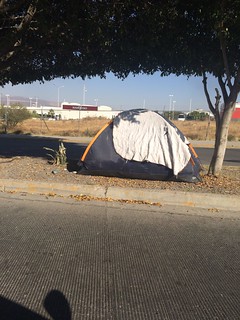
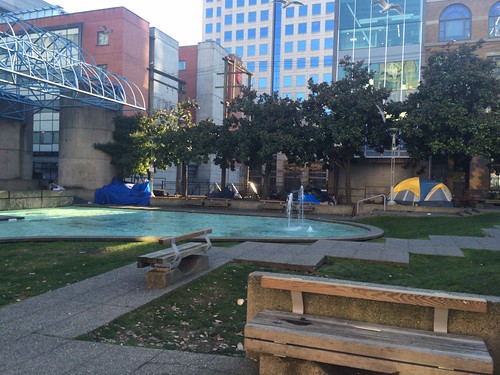
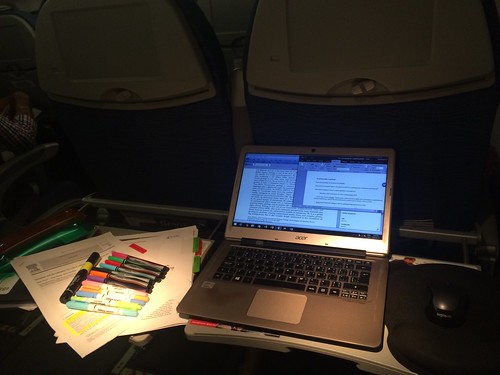
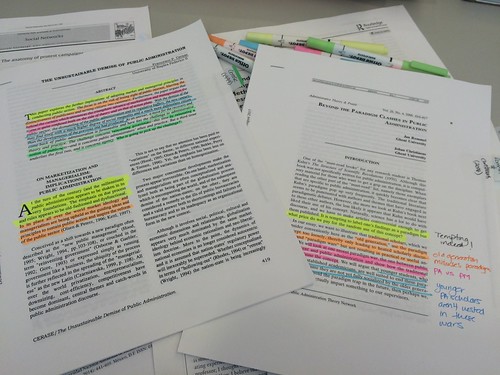
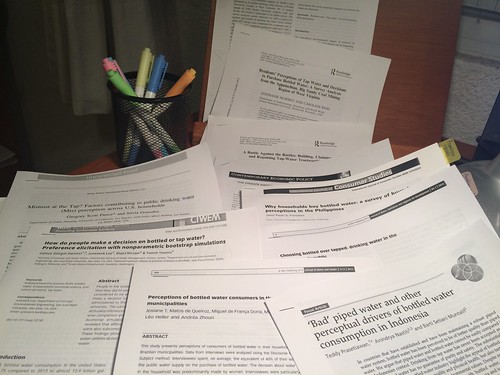


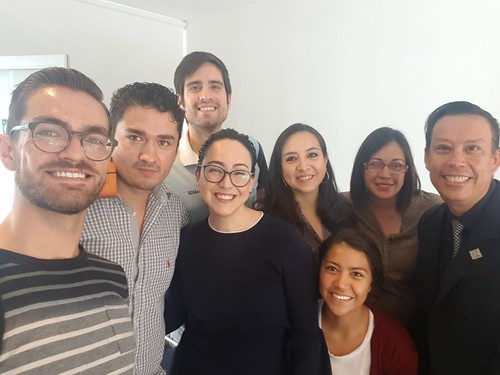
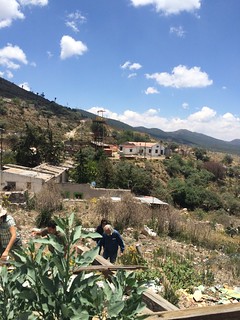
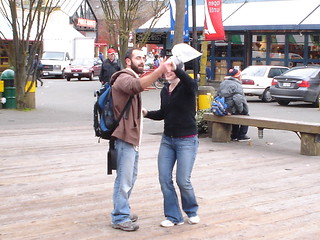

Recent Comments